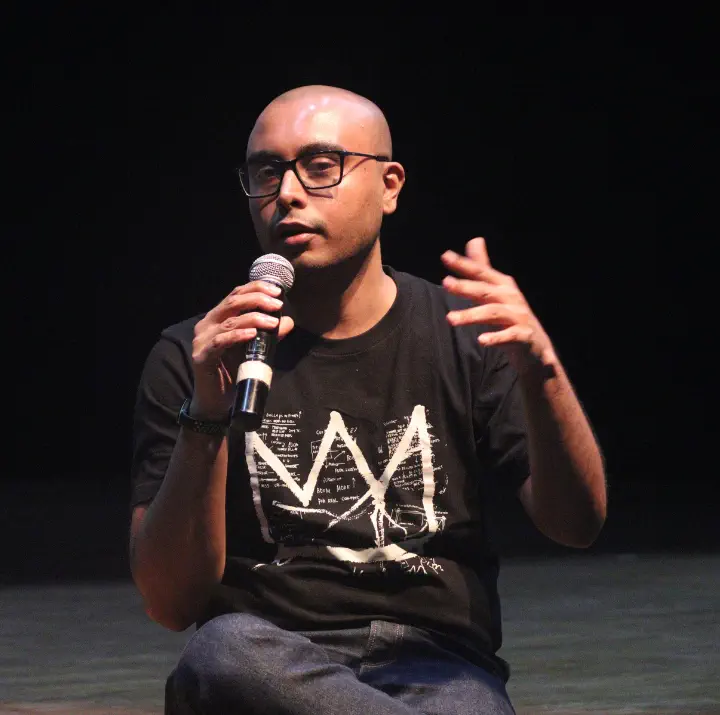
Aditya Shrikrishna
Aditya Shrikrishna is a Independent Film Critic from Chennai. Aditya’s writings on cinema have appeared in The Hindu, Senses of Cinema, Frontline, OTTPlay, Mint Lounge, FiftyTwoDotIn, The New Indian Express, The Quint, The Federal, Vogue and Film Companion among others.
All reviews by Aditya Shrikrishna
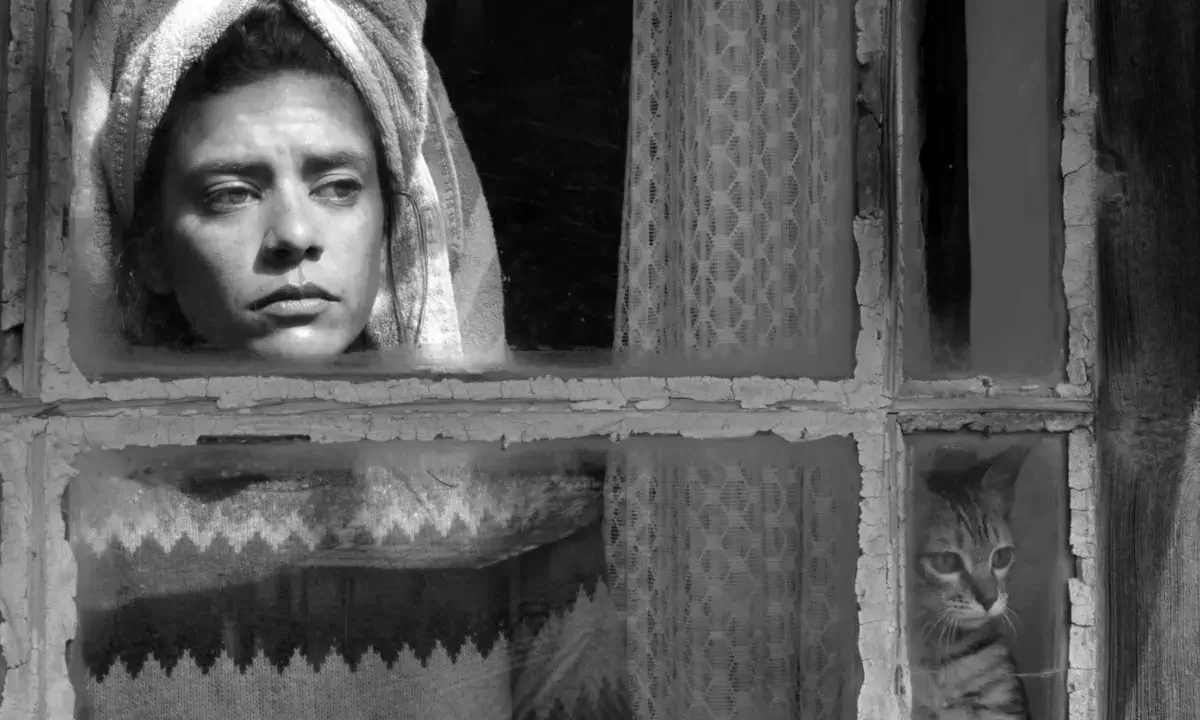
Second Chance
Drama (Hindi)
Subhadra Mahajan’s moving film tackles the trauma of heartbreak, abortion
Fri, June 13 2025
It’s always cause for celebration when a quintessential arthouse film that did everything right from its inception to production tours the world of festivals, earns accolades, and finally finds a theatrical release. No matter what happens, a public exhibition in the theatre is one of the greatest joys both for the audience as well as the filmmaker. Subhadra Mahajan’s Second Chance had its world premiere at Karlovy Vary International Film Festival 2024 as part of the Proxima Competition. After the premiere, the film travelled to Dharamshala for its India premiere at Dharamshala International Film Festival followed by, among others, International Film Festival of Kerala in the Indian Cinema Now section. Shot in monochrome by cinematographer Swapnil S. Sonawane, it is a gentle document of a young woman finding hope and solace from the utter brink in the mountains. , as Mahajan has said in different interviews, bridges two worlds — the privileged, upper-class world of the protagonist Nia (Dheera Johnson) and the lives of Bhemi and the indigenous people in the mountains, one that is as simple as it is physically and emotionally exhausting. The film gets a theatrical release in select cities on June 13.
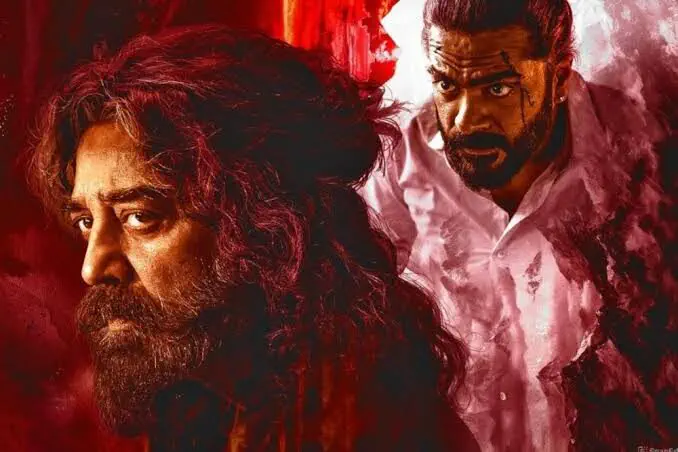
Thug Life
Action, Crime, Drama (Tamil)
A Strange, Lifeless Film From Mani Ratnam And Kamal Haasan
Thu, June 5 2025
It is not prudent to use business terms for art but as this concerns mainstream commercial cinema anyway, here we are. Usually, a Mani Ratnam film promises minimum guarantee. No matter what the film has in store — it works, meanders, dips or is politically dubious — there is always something cinematic, something inspired scattered here and there. Something you can take home, something you can watch in isolation years later. A shot, a stray scene or line or exchange that we can search on YouTube long after the release of the film. Kadal has some exquisite kinetic shotmaking. Guru is magical in some of its interpersonal dynamics. Thiruda Thiruda, for all its vacuousness, is a great ride and rarely a slog. Kaatru Veliyidai at its core has a wonderful premise that is lifelike and probed with intent even if timidly. So far Chekka Chivantha Vaanam was that odd one out with hardly a Mani Ratnam stamp. But here we are: as celebrated as Nayakan is and will remain forever, Mani Ratnam’s weakest film, for now, is his second collaboration with Kamal Haasan — Thug Life.
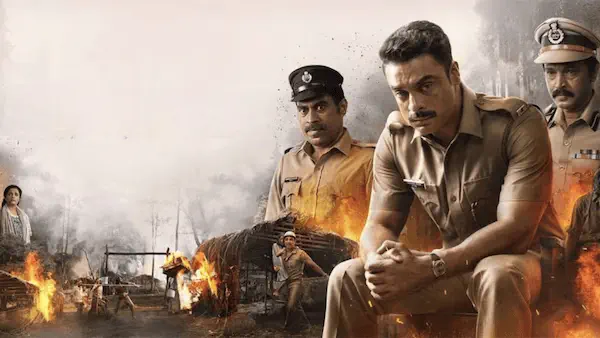
Narivetta
Action, Thriller (Malayalam)
A Solid Play Of Vantage Points
Sat, May 24 2025
Anuraj Manohar’s debut film, Ishq (2016), does something interesting. It shows us a calculated act of violence and establishes a certain perspective. Later, it flips the narrative as well as the power imbalance by showing one of the victims, a heterosexual male who recovers from the ordeal quickly, perpetrate the same violence but this time to ghastlier ends in the name of revenge. As the film gradually becomes more and more uncomfortable, we understand that Manohar is interested in this cyclical nature sustained by the insecurities, frailties and ego of men. It makes a much larger point than a quid pro quo revenge act. Manohar’s new Malayalam film Narivetta also keeps moving around the vantage points, but from the view of the sole protagonist. It is clever but more straightforward in terms of storytelling and sociopolitical play than the first film. Yet, it makes for a solid sophomore film from the director.
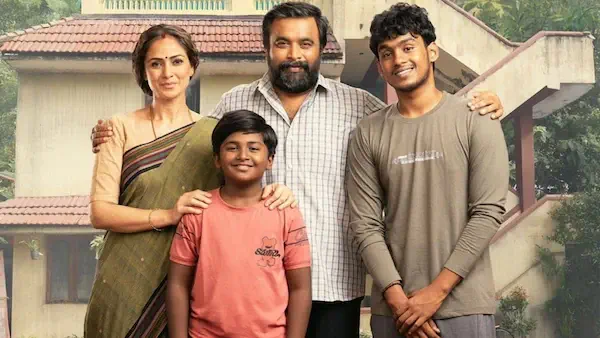
Tourist Family
Comedy, Drama, Family (Tamil)
A Wonderful Balancing Act of Humour & Melodrama
Thu, May 1 2025
IN ABISHAN JEEVINTH’S debut feature, a Tamil-speaking family from Sri Lanka lands on the shores of Rameshwaram. We don’t see it, but we get the sounds of their torrential journey through opening credits and even later in the film—a rocking boat, tense waters and the fear of losing oneself to the mighty ocean. But we also get the funny side of it. The youngest kid says he doesn’t know how to swim, and the father reassures him. He is quick to retort, “But you don’t know how to swim either!” The aptly titled Tourist Family is not satire but a light take on heavy problems like geopolitics, economic and migrant crisis. Abishan’s film balances the weight of the emotion of shared camaraderie with a feathery slice of life humour.
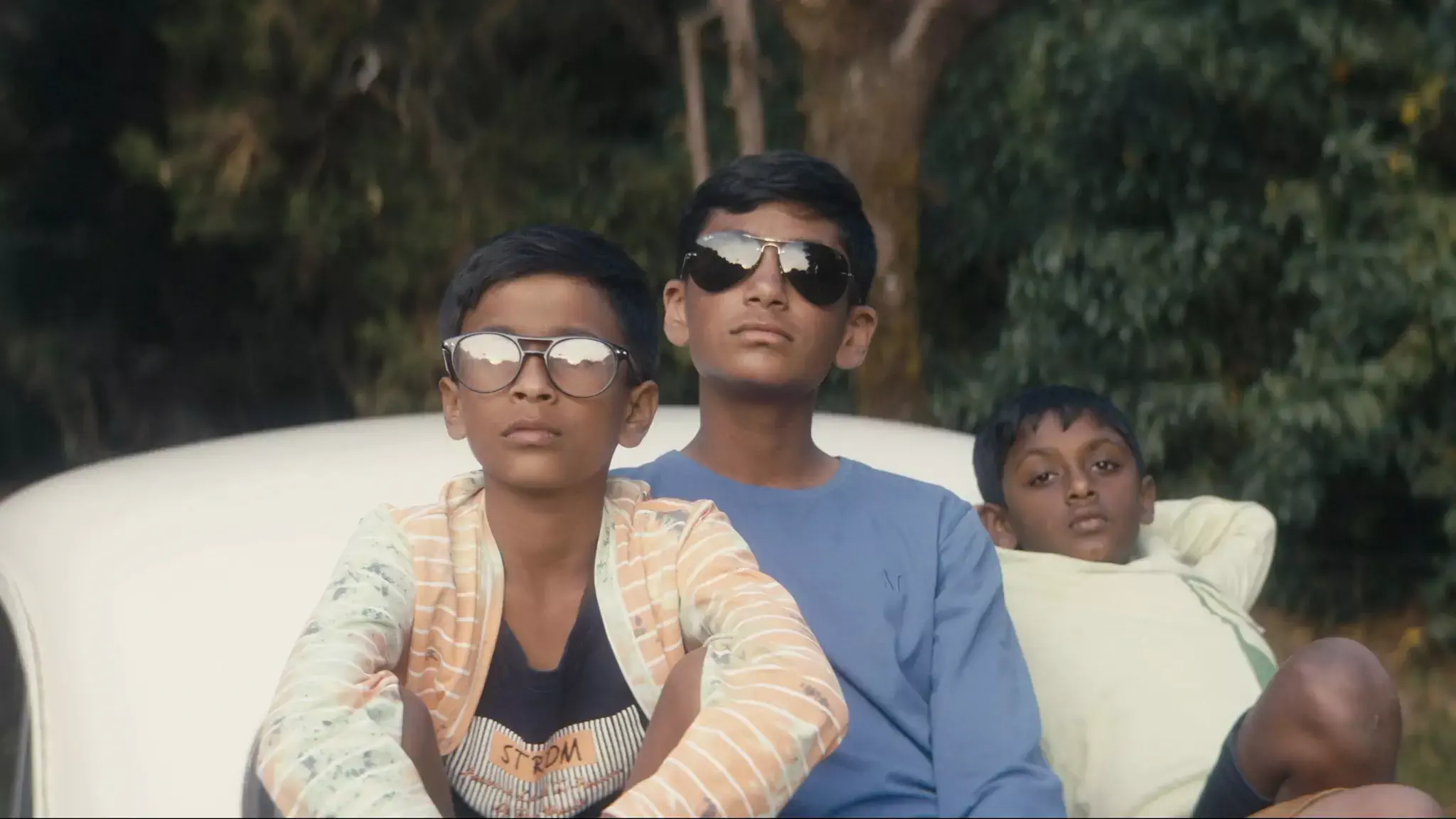
Naangal
Drama, Family (Tamil)
A haunting memoir of Tamil brothers, steeped in childhood trauma
Sat, April 19 2025
In Avinash Prakash’s Tamil feature film Naangal which premiered at the International Film Festival Rotterdam this week, time is stretched by a limited set of events as if perched on a non-stop Ferris wheel. They are the same moments with their ups and downs, same life-altering triggers that repeat in a cyclical fashion. Three preadolescent siblings — Karthik (Mithun V, eldest, 13 years old), Dhruv (Rithik Mohan) and Gautam (Nithin D) — live somewhere near Lovedale in the hills of Tamil Nadu with their father (Abdul Rafe as Rajkumar) who owns plantations, a house too huge for four individuals and is the Chairman and Principal of their modest school.
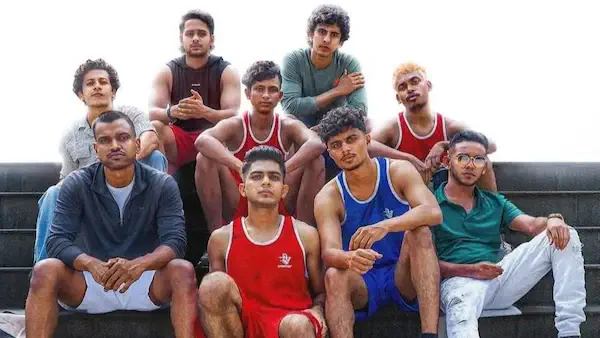
Alappuzha Gymkhana
Action, Drama, Comedy (Malayalam)
A Crisis Of Misplaced Confidence
Sat, April 12 2025
They say all you need is love, but sometimes misplaced confidence can go a long way. It is a gift. It might come across as awkward or arrogant or both. It might make one look like an asshole or, worse, foolish. Sometimes the audacity is rewarding, and the reckless abandon can often lead to a hard fall. The very definition of misplaced is such that one cannot predict its outcome or reception. But it is indeed a gift, and goes a long way. It reveals that there was an attempt. That someone took a shot. That no matter what Yoda says, there is always a try. One didn’t simply walk away quietly. One refused submission.

Good Bad Ugly
Action, Crime, Comedy (Tamil)
Parody Disguised As Fan Service
Fri, April 11 2025
Here’s a social experiment. Pick someone who is unaware of the beats of the hero worship and masala film in Indian cinema. Scratch that. Let’s pick Tamil cinema because the beast is almost unrecognisable at this point as the concept of stardom is nearing, if not an end, at least a lull. Ageing male stars fall back on their history, and idolising filmmakers lean on intertextuality to create hysterical theatrical moments. Show them Adhik Ravichandran’s new film with Ajith Kumar, Good Bad Ugly, and ask if there is any possibility that this is a spoof or a parody. They will most likely answer in the affirmative. To the innocent bystander, Good Bad Ugly comes across as a spoof, as if CS Amudhan made another Thamizh Padam (2010) solely focusing on Ajith and his career. The greatest trick Adhik ever pulled is convincing Ajith and maybe the audience that he is making a fan service film. What he’s really done instead is lampoon the star for two hours and twenty minutes. But again, it really depends on who you ask.
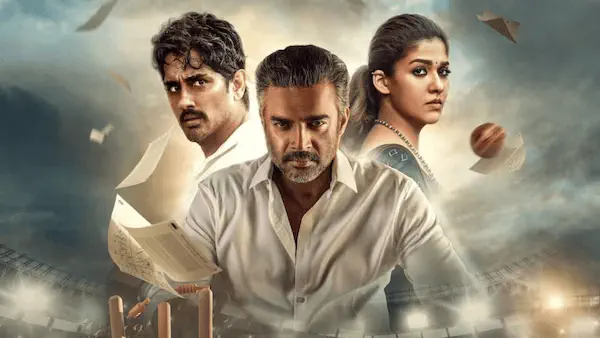
Test
Drama, Thriller (Tamil)
An Entertaining Drama That Tapers Off By The End
Fri, April 4 2025
It’s been over two decades since Aayutha Ezhuthu and we once again have Madhavan and Siddharth locked in an intense struggle right in the heart of Chennai. Not far from each other either. If it was Napier Bridge in the 2004 Mani Ratnam film, it is a stone’s throw away at Chepauk in S Sashikanth’s directorial debut Test (a Netflix release). If it was political and ideological in the earlier film, it is emotional and personal in this one. Siddharth is Arjun here as well — not a confused young man eyeing the American dream but a patriot wearing India’s Test cricket whites, a star batsman, the kind whose class is evident even if he is on his last legs. Twenty years on, a star cricketer from Tamil Nadu playing for India isn’t as implausible. But India playing Pakistan at home in test cricket? That stuff can happen only in fiction in 2025. And Madhavan here is Saravanan, a washed-up tragic scientist, an eternal striver as deep in insecurities as he is in debt.
Latest Reviews
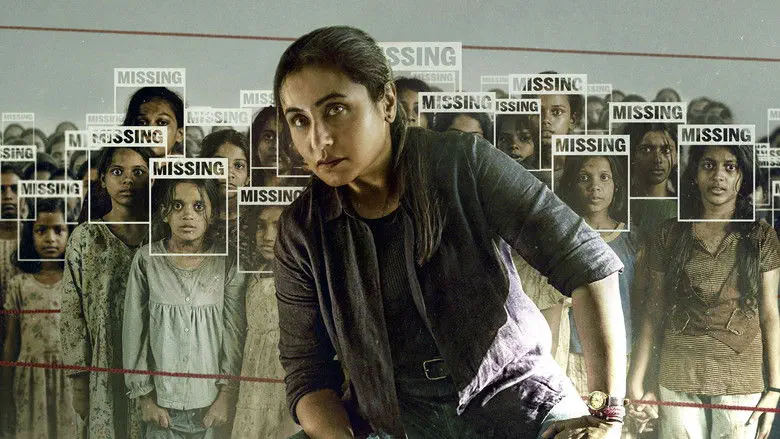

Mardaani 3
Action, Crime, Thriller (Hindi)
Officer Shivani Shivaji Roy returns to hunt down those behind the disappearance of young girls, risking… (more)
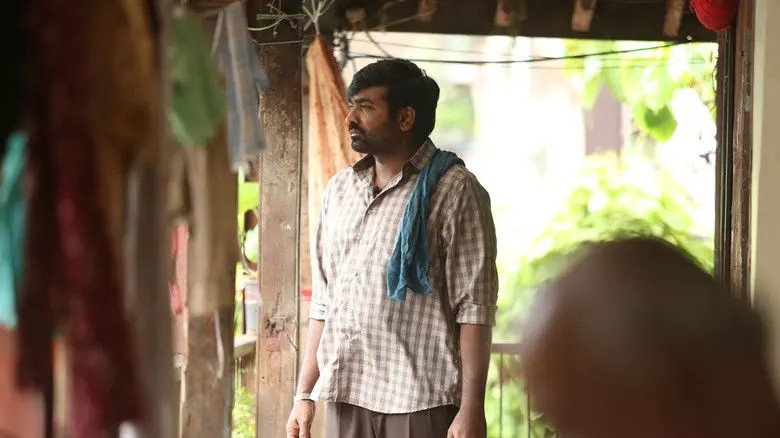

Gandhi Talks
Comedy (Hindi)
A silent black comedy, about the monetary needs of a character & how it impacts the… (more)

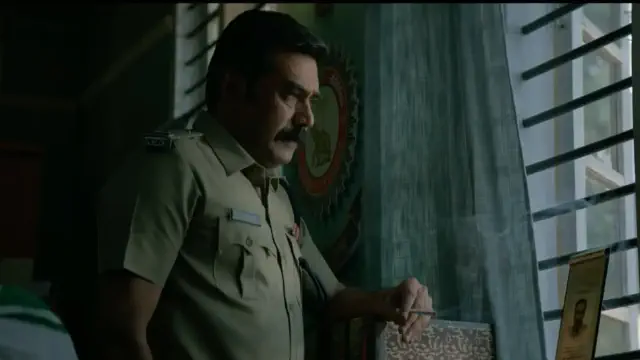
Valathu Vashathe Kallan
Crime, Thriller, Drama (Malayalam)
A police officer being investigated for his role in a woman’s death rushes to save his… (more)